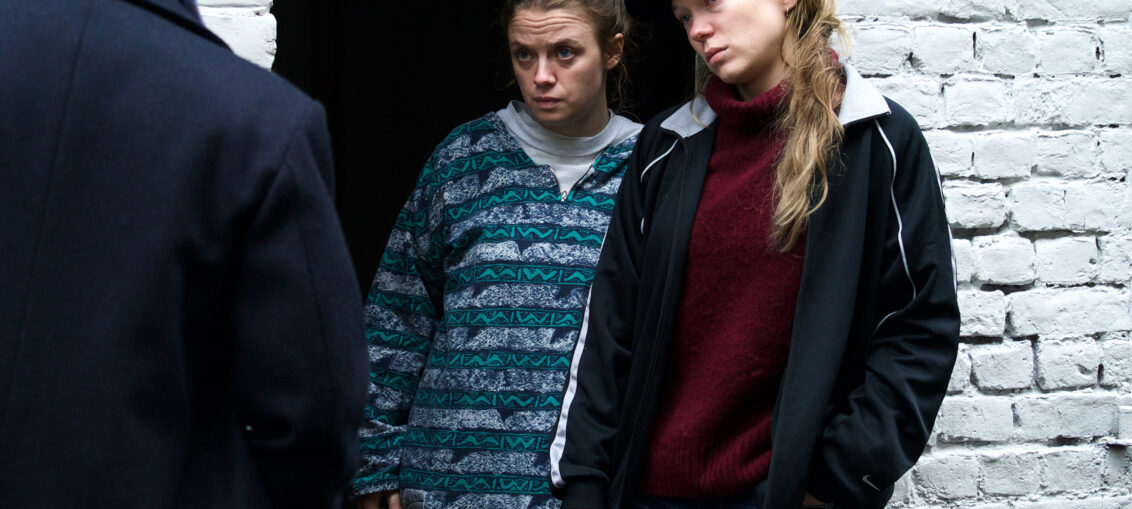
Unfinished thriller that lays bare the humanity of the criminals of a desolate France
The 1 October, distributed by No.Mad Entertainment, ROUBAIX, A LIGHT, film by Arnaud Desplechin in Competition at Cannes 2019 and premiered at the RENDEZ-VOUS in Rome. The film was designated Film of the Critics by the National Union of Italian Film Critics - SNCCI with the following motivation:
 “An experienced and compassionate commissioner. Two women who are lovers and possibly murderers. A city, Roubaix, far north of France, wasteland and impoverished land, filmed with livid and nocturnal tones. A polar with many cinephile references (Hitchcock, Melville, Pialat), however, moved by a feeling of pity towards victims and executioners, almost disconsolate in attesting to the various attempts of reason to make the chaos of reality understandable ".
“An experienced and compassionate commissioner. Two women who are lovers and possibly murderers. A city, Roubaix, far north of France, wasteland and impoverished land, filmed with livid and nocturnal tones. A polar with many cinephile references (Hitchcock, Melville, Pialat), however, moved by a feeling of pity towards victims and executioners, almost disconsolate in attesting to the various attempts of reason to make the chaos of reality understandable ".
Streetlights, sirens, bonfire; the film opens with a blaze of lights that recall the typical atmosphere of Christmas night. The contrast with the darkness of the night and the rainy winter weather heralds a film that will be gloomy and melancholy.
The film aims to be a thriller that, in addition to representing the factuality of the events, also searches for the human and psychological roots that pushed criminals to act in a given way, but the attempt does not seem to have been fully successful. The story presents itself, indeed, as a review of some news cases that occurred in Roubaix, in France, from an attempted insurance scam, to a robbery, to an assault and finally to the murder of an elderly woman from 82 years.
Lights and colors are always appropriate to the scene, and the pace is slow enough to arouse the viewer's curiosity, that is found, But, to follow the events as they are, juxtaposed with each other and interspersed with some reflections by the young policeman Louis Cotterel (Antoine Reinartz) which at times seem to open to a turning point that never comes. There is a timid attempt to hint at the private life and family dynamics of the individual characters but these hints never follow a real development, not even when they concern the two girls accused of the murder – Claude (Léa Seydoux) and Marie (Sara Forestier) – with which the director would like to sympathize.
 The film has, anyway, the great merit of recognizing, albeit never in depth, humanity even to those who commit crimes, and to highlight the face of a France we know little about, characterized – as the protagonist Daoud tells (Roschdy Zem) – from very high rates of poverty, crime and unemployment.
The film has, anyway, the great merit of recognizing, albeit never in depth, humanity even to those who commit crimes, and to highlight the face of a France we know little about, characterized – as the protagonist Daoud tells (Roschdy Zem) – from very high rates of poverty, crime and unemployment.
Apart from that, But, the film doesn't seem to be able to tell us much else, if not a simple one – but still well done – narration of the cases that occurred on Christmas night in this large and cold French commune.
Maria Vittoria Battaglia
